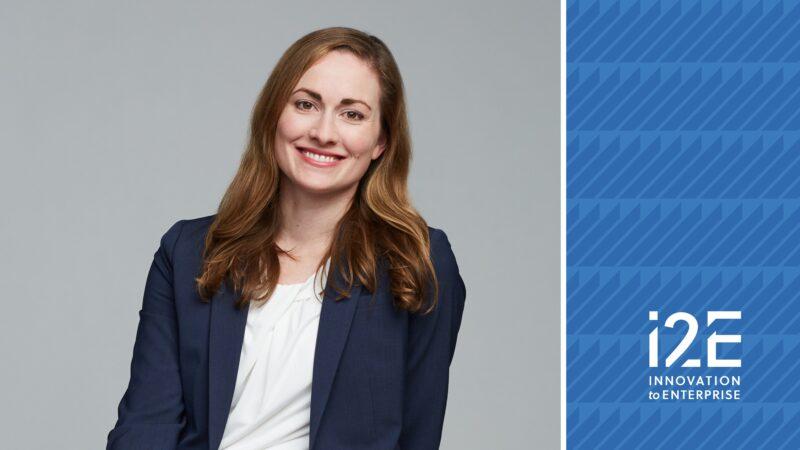By Jim Stafford
Copyright © The Oklahoma Publishing Company
Dr. Richard Kopke leaned across a conference table at Oklahoma City’s Hough Ear Institute to place a piece of paper in front of me. It was a line chart reflecting the hearing loss suffered by a 26-year-old U.S. Marine who served two combat tours in Afghanistan and returned with severe hearing impairment.
“This is the hearing you might see in an 80- or 90-year old man,” Dr. Kopke said. “He’s only 26 and has all of his career ahead of him. What we want to do is prevent all that permanent hearing loss.”
Kopke is an ear surgeon and chief executive officer at the Hough Ear Institute, a not-for-profit research organization just south of Integris Baptist Hospital. He recently won the 2014 Researcher Recognition Award from the Oklahoma Bioscience Association.
The Hough Ear Institute was established in the early 1980s by the Baptist Medical Center foundation to continue the work of Dr. Jack Hough, an internationally respected otologist. In 1997, the Institute became a free-standing research institution and today shares space with the Otologic Medical Clinic.
Kopke and his colleagues at the Hough Ear Institute are working on solutions to noise-induced hearing loss in millions of soldiers, veterans and civilians. Hough Ear has a team of six scientists tackling challenges such as regenerating lost inner ear hair cells that are critical to hearing.
Hearing drug research
After coming to Oklahoma City in 2004, Kopke teamed with Dr. Robert Floyd at the Oklahoma Medical Research Foundation to create an antioxidant drug combination therapy using a compound developed by Floyd, and another called N-acetylcysteine. Antioxidants have been shown to reduce the effects of noise-induced hearing loss.
Tests in animal models were so promising that patents were filed on the formulation and a company called Otologic Pharmaceutics was created.
Hough Ear Institute, OMRF, American BioHealth Group, i2E and Integris Health all were instrumental in starting Otologic, which is now part of Oklahoma City’s Accele Biopharma.
Phase 1 human trials are expected to start on the Otologic compound this year. A native of Idaho and graduate of the University of Washington Medical School, Kopke developed his interest in noise-induced hearing loss during a 22-year career as a U.S. Army physician. Along the way, he became acquainted with Hough and established a longstanding friendship with the man he described as his mentor.
After retiring from the Army, Kopke came to Oklahoma and assumed the role of chief operating officer at the Hough Ear Institute. He became CEO in 2011, a year before Hough died.
Receiving the Bioscience Researcher Award was an unexpected recognition for Kopke, a soft-spoken leader who is driven by the Hough Ear Institute mission to reduce deafness.
“It wasn’t on my radar scope at all,” he said. “I’m very grateful to be considered, and it makes me feel like I’m part of the community.”
Kopke describes his wife, Janet, and children, Andrew, Ryan and Katie, and their spouses as his biggest cheerleaders.
In addition to its research role, Hough Ear Institute also has a humanitarian mission, training physicians from around the world.
“We have fellows that come from other countries and stay in our homes for several months while we teach them about ear surgery and everything we are doing,” he said. “Then we go back to their countries and help them.
“We’re trying to cure deafness worldwide, one patient, one disease at a time.”
Jim Stafford is a communications specialist with i2E Inc. in Oklahoma City.
Click here to read the article at newsok.com








